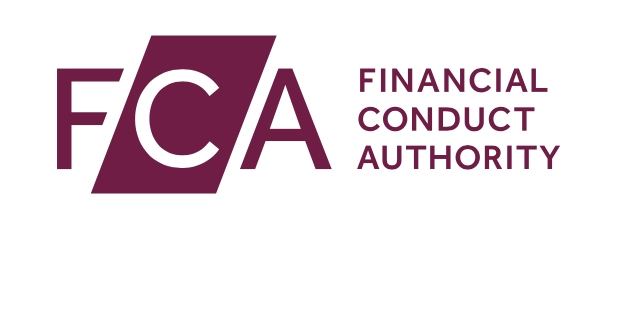The FCA said today it has no ban on e-signatures and they can be acceptable in many circumstances.
The issue of whether e-signatures on documents are valid has come to prominence during the Coronavirus outbreak.
Some regulated firms have found it difficult to get ‘wet’ or ink signatures from clients due to remote working and a growing number of providers have added e-signature facilities, including Momentum Pensions recently.
The regulator issued a statement today on the need for ‘wet’ signatures (documents signed by clients by hand using a pen).
The FCA said its rules do not “explicitly require wet-ink signatures in agreements, nor do they prevent firms from using electronic signatures in agreements.“
But it added that the validity of electronic signatures was a matter of law and firms should consider the legal position when using them “because we cannot give legal advice.”
When considering whether e-signatures are valid, firms must also consider any requirements set out in the FCA’s Principles for Businesses and general rules.
These would include firms considering consider Principles 2, 3 and 6 and reviewing the “the risks and harms of using electronic signatures, and take appropriate steps to minimise those.”
Firms should also consider the client’s best interests rule (COBS 2.1.1R) and the fair, clear and not misleading rule (COBS 4.2.1R) to ensure that, when a client signs a document electronically, this does not make it more difficult for the client to understand what they are agreeing to.
The FCA recently stated that it would accept electronic signatures for fund-related applications and on all applications from mutual societies.
It also confirmed that firms may use electronic signatures for all interactions with the FCA.

